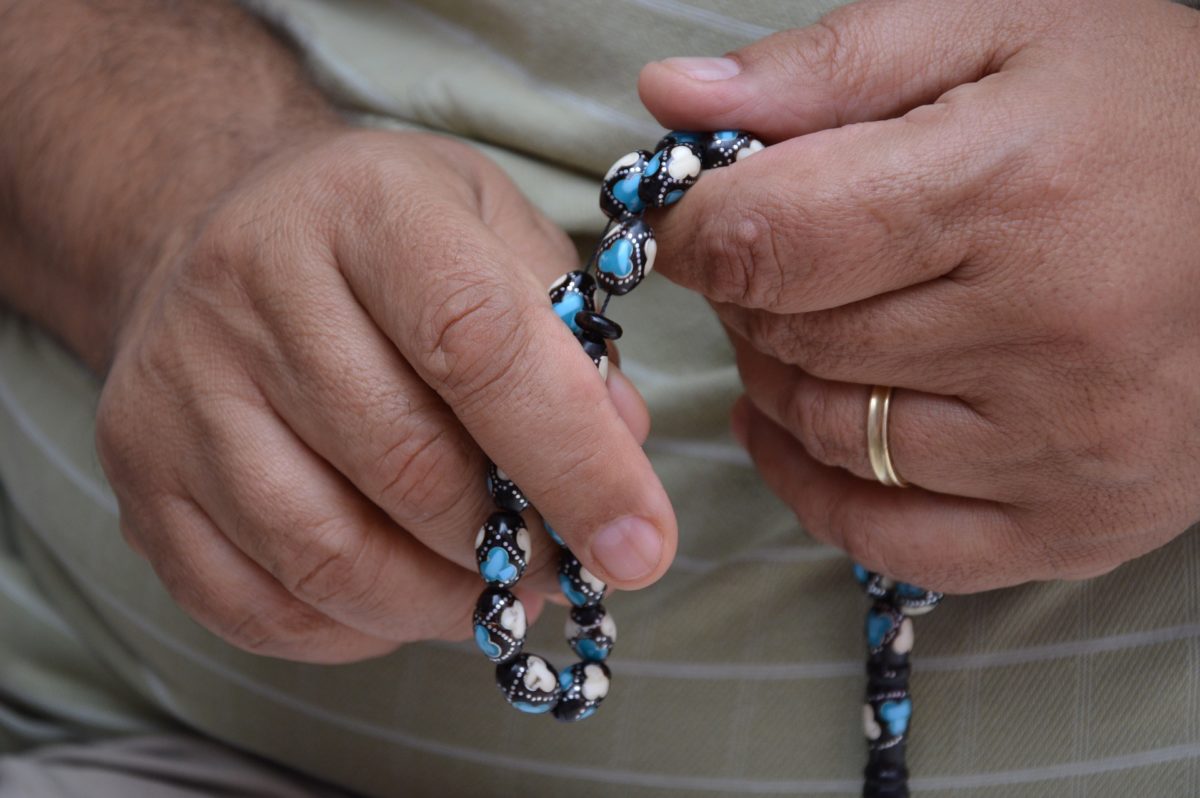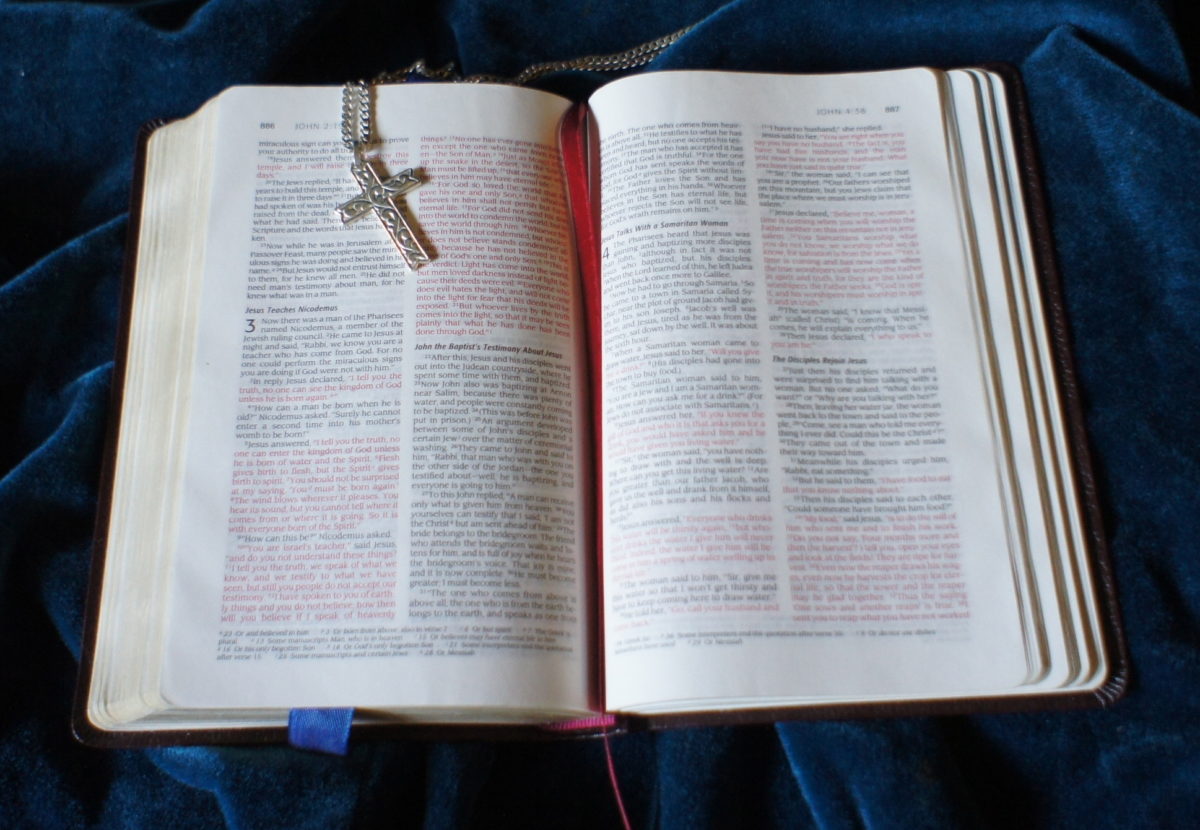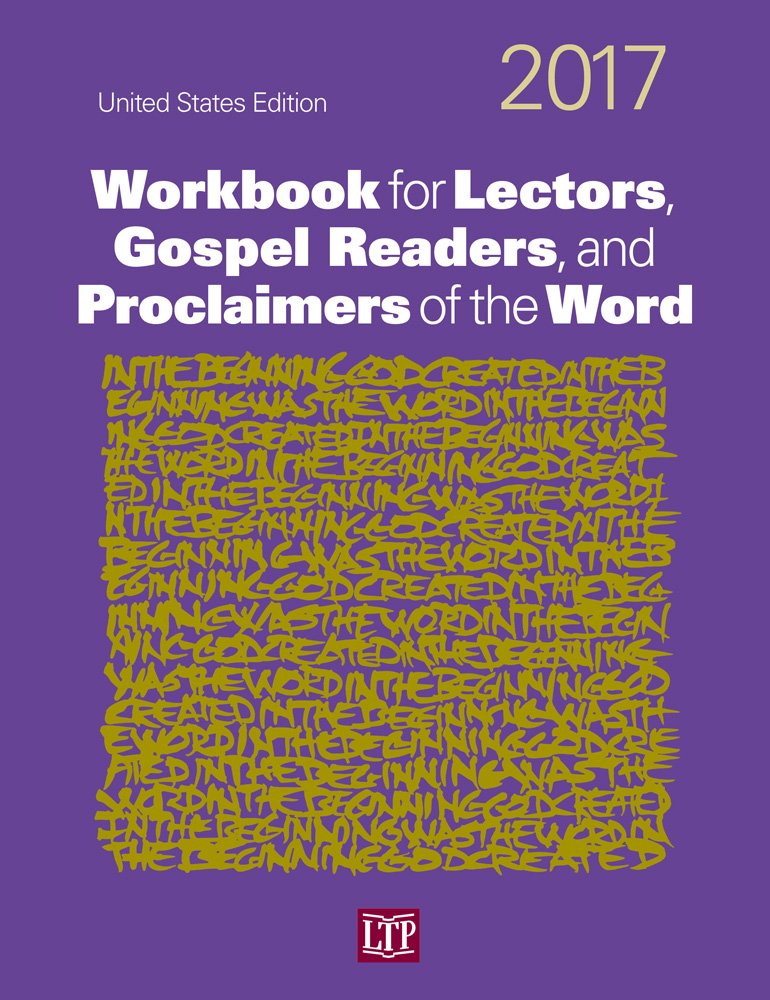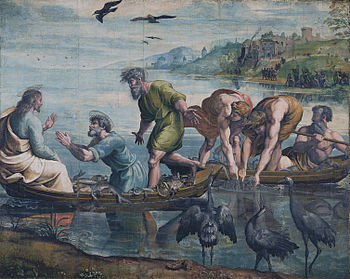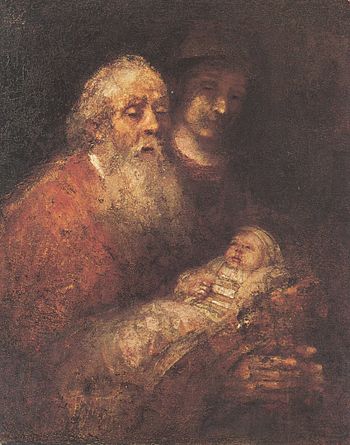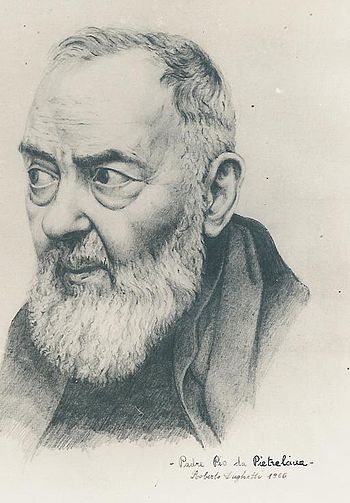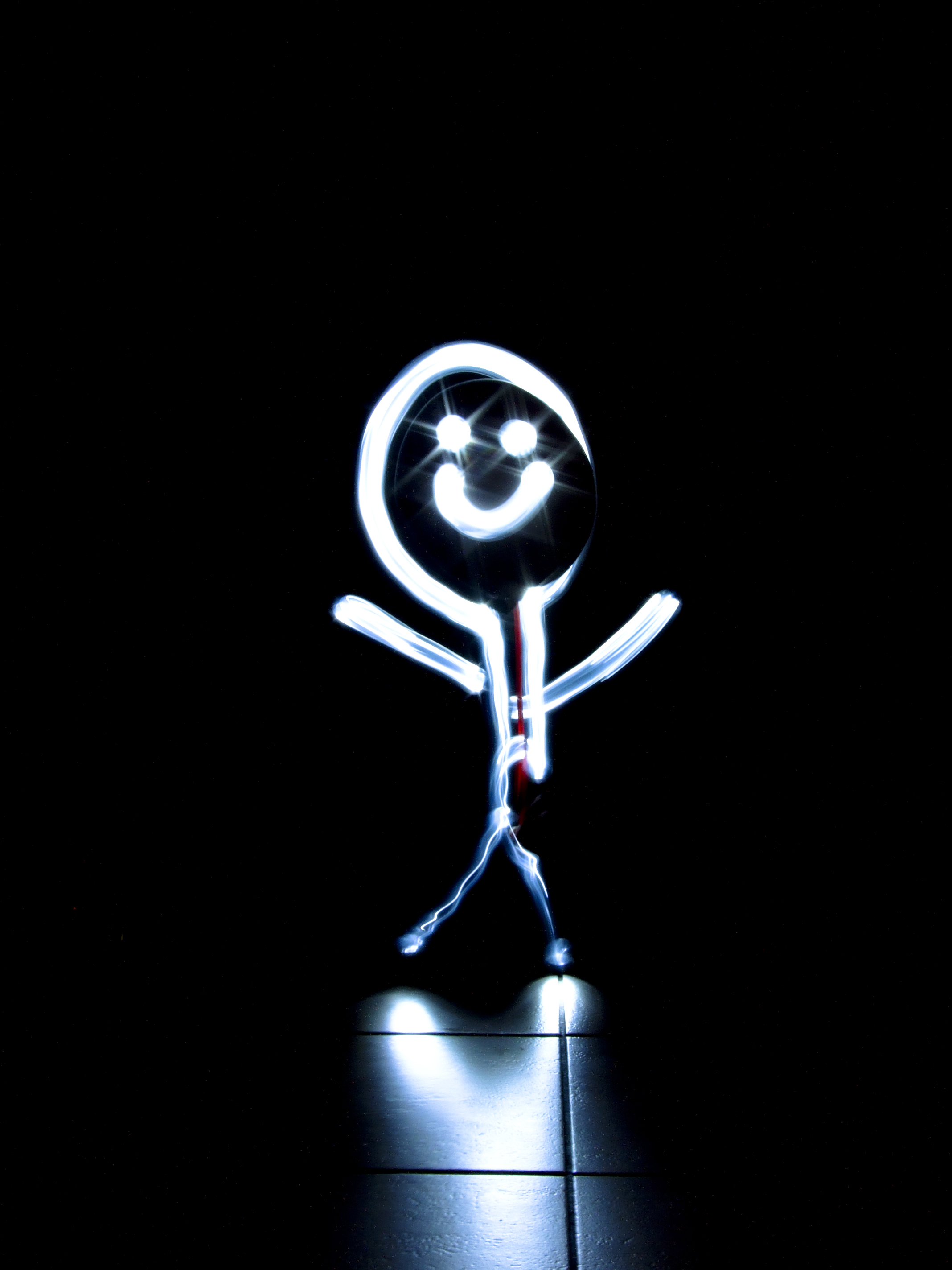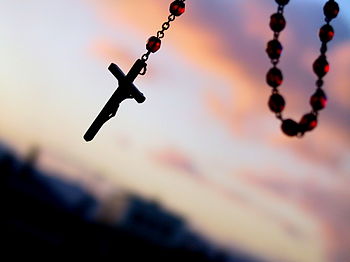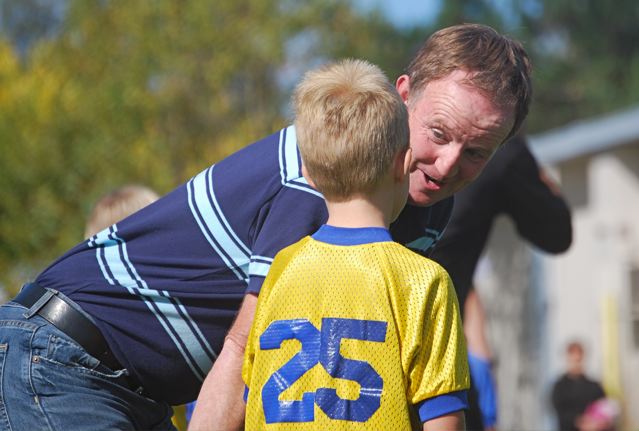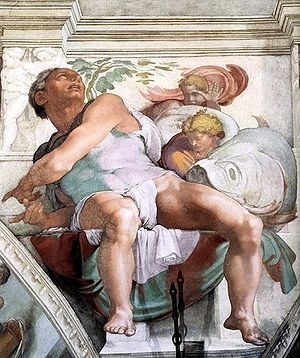If you are a software developer like me then you probably hear this phrase at least once a week — This is how Google does it. Google, the search engine giant, not only receive accolades for their products but also their development methodology and company culture. They are the gold standard in just about every category of computing. It seems like any study or new theory on workplace happiness or productivity must mention how it stacks up against Google’s workforce.
I was not surprised when I came across this Wired article on how Googlers avoid burnout and secretly boost creativity. Did they discover the perfect work to rest ratio? Did they find the perfect length of time projects should run? Do all Googlers receive a therapy dog upon being hired? It’s actually much simpler. Google teaches its employees how to meditate.

For once, I can take pleasure knowing that I’ve been teaching you, my readers, something that has Google’s seal of approval. I’ve previously discussed how rosary meditation has physical and mental benefits. The science behind the creativity boost is that meditation allows you to switch off conscious thought which is very linear and boost subconscious thinking which taps more areas of the brain to piece together ideas and solutions.
But for once, Google cannot claim founder status on a great idea. The Jews and the Catholic Church have preached the benefits of meditation and prayer from its earliest days. And relatively more recently, Mary gave us the ultimate form of meditation through rosary prayer.

Like many mysteries of the Catholic faith, the rosary is a paradox. It is both restful and regenerative while at the same time focused and exhausting. It’s both relaxing and a workout because it engages the conscious, subconscious, and what I’ll call “other conscious” aspects of our being.
The rosary engages our conscious parts of our brain in that we meditate on specific parts of Jesus’ teachings in the mysteries. We recite, presumably with some focus and concentration, prayers. We are recalling all the trials, sorrows, joys, and thanksgivings in our lives and putting them before Mary for her guidance and intercession. Our brain is actively recalling memories and trying to make connections between our circumstances and what each rosary mystery is trying to teach us.
But in that conscious praying, there is also a lot of subconscious meditation occurring as well. People talk about getting lost in the rosary where they get into a zone or flow making them much more receptive to how God is trying to direct them. It’s not that you are praying on auto-pilot. It’s more that the amount of attention you put on thinking about the mysteries, intentions, and prayers gives way to a more subconscious experience where you can better feel God’s presence.
The subconscious meditation of rosary prayer is a lot like riding a bike. Initially, you are aware of the mechanics of keeping your balance, not falling, and moving forward. But once you get the hang of it, the mechanics of bike riding become automatic. It’s not that the mechanics disappear. They have just become so engrained in your muscle memory that they no longer require conscious focus. The same can be said for rosary meditation. The conscious effort of prayer can give way to the subconscious experience of being with God.

Finally, there is the other conscious experience of rosary meditation. And this is what separates rosary meditation from the mindfulness meditation taught by the Googles of the world and is unique to this Catholic prayer. In no other form of meditation do you have the opportunity to actually ask Mary and the saints for help and guidance and get a response through their intercessions. The rosary is more than just a mental exercise of balancing conscious and subconscious areas of the brain because there is someone actually listening and responding to you. Your rosary meditation doesn’t end at your brain’s gray matter but provides an actual opportunity for God to help shape and guide you. Sorry Google, but the Catholic Church definitely has one-upped you there.

